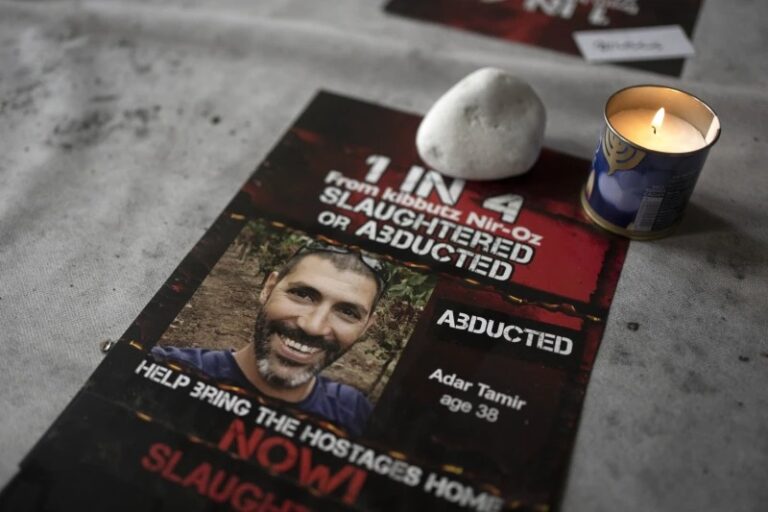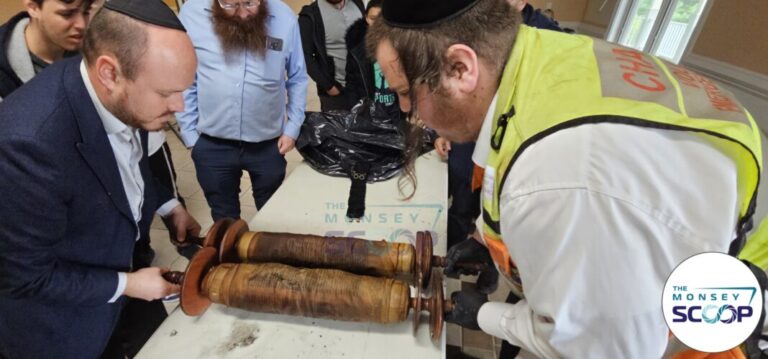 Hillary Clinton has a dinner invite for you. Jeb Bush is out to make a big splash. Rick Santorum wants to scare the heck out of you. Ted Cruz is looking for a sacrifice. Lincoln Chaffee wants to be your pal.
Hillary Clinton has a dinner invite for you. Jeb Bush is out to make a big splash. Rick Santorum wants to scare the heck out of you. Ted Cruz is looking for a sacrifice. Lincoln Chaffee wants to be your pal.
Oh, and all of them want your money — and preferably before midnight on Tuesday night, please.
Danger: The 2016 presidential candidates are emailing Americans such a flurry of appeals for money and support that the risk of inbox internal combustion is high.
With each candidate making his or her own come-on, they’ve been offering voters all sorts of reasons to open their wallets before the quarterly reporting period for raising cash ends on Tuesday.
The appeals from candidates determined to make a strong showing reached a high pitch in the final 24 hours.
“All eyes are on us,” Bush emailed at mid-morning. “Let’s rock the boat,” Bernie Sanders urged around the same time. “The most important thing is you give today!” Marco Rubio emailed in red text first thing Tuesday morning. And so on.
For weeks, the candidates have been trying different tactics to turn email appeals into cash.
Rubio dangled the chance to win a trip to his Las Vegas birthday party with host Rick Harrison of TV’s “Pawn Stars.”
“Official Hillary car magnet — plus free shipping!” reads one Clinton email. “Chip in $10 or more.”
Cruz’s recent appeals for cash have included a plea for supporters to make a sacrifice on his behalf. He’s already made his own sacrifices, he tells them, and lists a few, such as the loss of family time and sleep, personal financial strain and the dreaded “pizza diet” on the campaign trail.
Never mind the pizza, people: Santorum headlined one donation pitch with this chilling subject line: “ISIS is here.”
Bush put his son Jeb Jr. to work trying to line up “5,000 Day One supporters by midnight to prove we’re serious about taking back the White House.”
Chafee went the let’s-be-pals route, using the subject line “hey” to try to lure voters to click on his email.
The Republican candidates, in particular, are playing up the quarterly deadline as a reason to donate NOW and make a statement about their viability in a big pack of rivals.
With no one casting votes yet, contributions from legions of grassroots donors can be read as a proxy measure of support, they reason. To be sure, there’s no other big reason to pony up now instead of later. Breathless appeals for cash won’t end Wednesday.
But to hear them tell it, the looming reporting deadline is nothing less than the apocalypse.
Cruz is running a “One Million Dollar Money Bomb Challenge.” Rubio has a “Let Freedom Ring” money bomb going. And Rand Paul wants $20.16 for his “End of Quarter Money Bomb.”
Cruz’s latest emails have helpfully included an “FEC Deadline Countdown” clock showing the days, hours, minutes and seconds left until the Federal Election Commission’s midnight deadline.
Scott Walker, who has yet to enter the race, keeps asking supporters whether he should run — and to say so with cold cash.
“Your gift today will show me your answer,” he writes.
If words alone won’t close the deal, maybe different fonts, italics, bold-faced words, underlined phrases, CAPITAL LETTERS, stripes of color and exclamation points will reel in donations!!!
With an oversized Paul vs. Obama photo and giant lettering that evoked a promo for a boxing prizefight, Rand Paul last month turned his opposition to government surveillance programs into a flurry of emails about a “NSA SPYING SHOWDOWN.”
No, a simple “donate now” button will not suffice when candidates are lucky if even 20 percent of readers bother to open an email appeal.
Campaigns rely on both research and hunches to try to figure out what will work — and there’s a lot happening on both sides of that equation.
Cornell University political scientist Adam Seth Levine says campaigns can easily test what messages, words, colors, fonts and formats work best by sending out variations on the same fund-raising pitch.
“A lot of people don’t realize they are constantly being experimented upon,” says Levine. Campaigns may send out hundreds of variations to figure out what’s most effective, Levine says, analyzing who opens the emails, who clicks on links, what they do next and who ultimately donates.
“The one thing they can’t do, which would be extremely Big Brother-ish, is see exactly where your eyes go,” says Levine.
For all of those solid metrics, “intuition is going to play a large role because at the end of the day, no campaign is going to be the same as another campaign,” says Ryan Lyk, who runs email marketing for Alexandria, Virginia-based IMGE, which works for companies, associations and GOP campaigns. “You’ve got to be creative and innovative with it.”
Blue State Digital founder Joe Rospars, chief digital strategist for the 2008 and 2012 Obama campaigns, cautions that there’s a lot more to a winning strategy than simply cutting and pasting what’s worked before.
“It really comes down to the relationship you’re building with the people on the other end of the email,” says Rospars.
One of the Obama campaign’s most successful pitches to small givers — donate to try to win a meal with him — started as an experiment in 2007 when other candidates were holding fancy dinners with big-dollar contributors, Rospars recalls.
Now, Clinton is urging her donors to sign up for a chance to win dinner “with the future President of the United States (knock on wood).”
There’s no “donate” button. But you can bet those who sign up will be hearing more.
(AP)






One Response
Don’t you just wish you lived in North Korea or Cuba so you wouldn’t have to go through this long list on candidates?